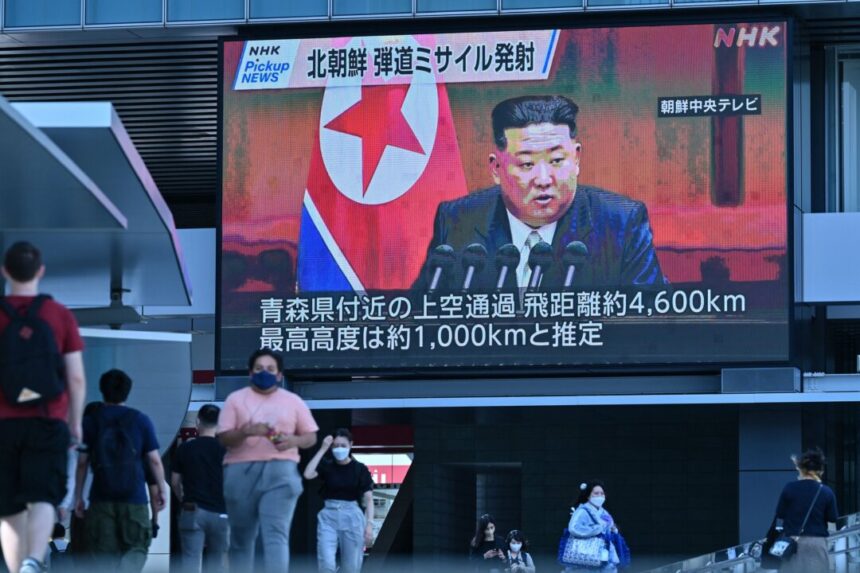Political observers have pointed out that North Korea operates as an imperial dictatorship within a super-slavery system, distinct from a socialist regime. This observation comes amidst recent developments in the country’s leadership, with Kim Jong-un’s daughter, Kim Ju-ae, being elevated as the “top leader” in official media, potentially signaling the identification of a future heir. The challenge faced by autocratic regimes, especially those of a communist nature, lies in the smooth transfer of power, as failure to establish legitimacy in this process can lead to systemic collapse and social unrest.
The unique political form of governance in North Korea, as compared to Communist China, is highlighted by the absence of a democratic process in its history. While China underwent a revolution that overthrew the imperial system, North Korea transitioned directly from Japanese colonization to socialism, establishing an authoritarian regime without a democratic foundation. The removal of Marxism from North Korea’s Constitution in 1992 replaced it with an ideology centered around the Kim family, indicating a departure from communist principles.
Despite being officially labeled as a socialist country by the Chinese Communist Party, North Korea’s power succession through family lineage deviates from traditional hereditary systems. The reverence and idolization of the Kim family in North Korea, coupled with the exclusion of communist ideology, create a unique political landscape in the region. This atypical form of governance, neither divinely inspired nor based on democratic elections, sets North Korea apart from other socialist countries in East Asia.
The symbolic significance of the Mount Paektu bloodline in North Korean leadership underscores the historical narrative of power consolidation within the Kim dynasty. Kim Il-sung’s rise to power in the 1950s, marked by the massacre of opponents and the establishment of a familial power structure, laid the foundation for the current regime. The spiritual significance of Mount Paektu, intertwined with resistance movements against Japanese colonization, shapes the ideological underpinnings of North Korean leadership.
In conclusion, North Korea’s governance can be characterized as a new form of totalitarianism embedded in a super-slavery system, distinct from traditional socialist regimes. The dynastic succession of power within the Kim family, symbolized by the Mount Paektu bloodline, reflects a unique political trajectory that diverges from communist principles and traditional hereditary systems. Guo’s analysis highlighted the similarities between the authoritarian rule of the Kim family in North Korea and the concept of hereditary power within the CCP. The idea that the descendants must inherit the throne to maintain power is a common thread in both regimes.
Initially, the Mount Paektu lineage in North Korea referred to a military group around Kim Il-sung but eventually evolved to focus solely on his family. The emphasis on legitimacy and legality of the future heir is crucial for a smooth transfer of power within the Kim family, transforming North Korea into an imperial dictatorship rather than a communist one.
Guo pointed out that North Korea’s prolonged isolation and closure are essential for maintaining this imperial dictatorship, with all economic activities and resources belonging to the state. The population is essentially enslaved, with only those in power enjoying any semblance of freedom.
Political isolation and harsh punishments for dissent further solidify the regime’s control. Internal political struggles can lead to extreme and bloody outcomes, as seen in the public execution of Kim Jong un’s uncle in 2013.
While Xi Jinping attempted to secure his power within the CCP, he lacks the same level of prestige and established lineage as the Kim family. The hereditary nature of power in authoritarian regimes can be unpredictable, with each generation needing a strong leader to maintain control.
The future of North Korea’s leadership remains uncertain, as the legitimacy of the Kim family’s rule is not as solid as a traditional dynasty. The possibility of a weaker leader emerging could jeopardize the regime’s succession plans.
It is important to note that the views expressed in this article are the author’s opinions and do not necessarily reflect those of The Epoch Times. Could you please rewrite that for me?
Source link





